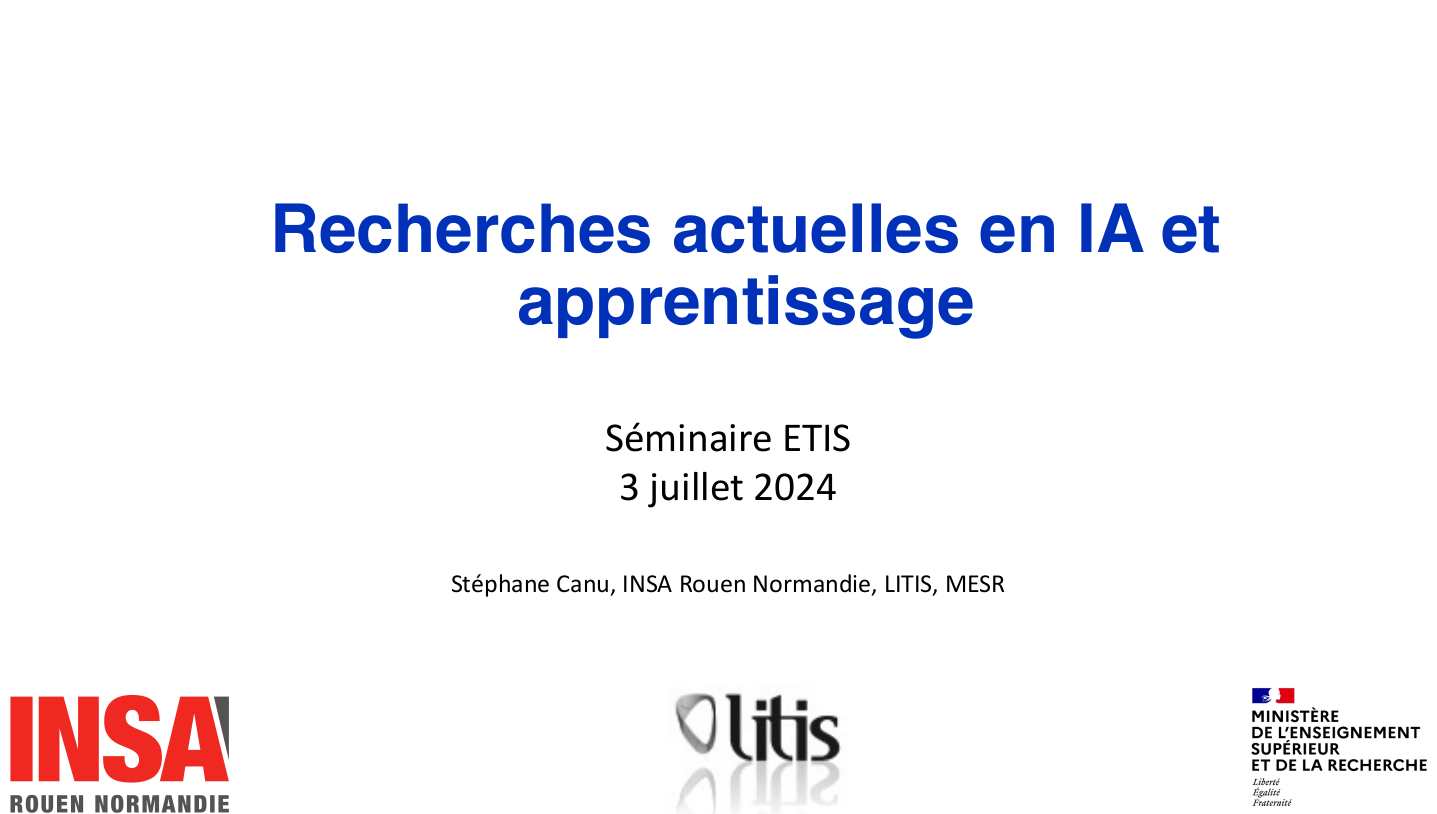Call for Papers – Special Issue in Elsevier Cognitive Systems Research
The Interplay between Affect and Cognition in Development: from Humans to Robots and back
Following up on the show of interest in the ICDL 2022 workshop FEEL-COG: The Role of Affect in the Development of Cognition, we are pleased to announce a special issue in the Elsevier Cognitive Systems Research (CSR/CogSys) journal on related topics.
Extended versions of the submitted workshop papers in FEEL-COG 2022, or of the published conference papers from ICDL 2022 are welcome, but they should have at least 50% new impacting technical/scientific material in the submitted journal version, and there should be less than 30% verbatim similarity as reported by a tool (such as CrossRef). All submissions will be reviewed as regular CSR papers before acceptance.
Special Issue on Affective Cognitive Robots – The Interplay between Affect and Cognition in Development: from Humans to Robots and back
Journal: Elsevier Cognitive Systems Research (CSR/CogSys)
Journal Link: https://www.sciencedirect.com/journal/cognitive-systems-research
Special Issue reference (to be selected in EditorialManager when submitting the manuscript): VSI:AffectiveCognitiveAgents
Deadline for manuscript submissions: 15 April 2023.
Reviews of submitted papers will commence as the papers are submitted. Earlier submissions may expect an overall quick turn-around time. Indicative deadline for final decisions is August/September 2023.
Overview
People are social beings, naturally predisposed to interact in an adaptive and empathetic manner with others. From birth, human beings develop their cognitive, affective, and social skills from the exposure to and interaction with their social group – family, friends, peers. As we grow and learn, we become capable to register the cognitive and affective state of our peers, adjust our actions and speech to their perceived needs, and over a prolonged period of interaction also learn which behaviors are the most appropriate and well-suited for each one of them individually.
This collection of abilities – perception, interaction, affect, reasoning, memory, motivation for action, learning, interaction, etc. – is what defines us as cognitive agents. Modeling these abilities into a cognitive architecture – either as a way of understanding human cognition or as an attempt to endow an artificial agent with cognitive skills – has been approached by researchers from many fields (computer science, cognitive psychology, robotics, philosophy, neuroscience), and has resulted in a number of different architectures.
However, while the vast majority of them share some common model of cognition and recognize as crucial the elements of perception, attention, action selection, learning, memory and reasoning, very few of them acknowledge the role social and affective interaction plays in the development of these skills. This special issue aims to address from an interdisciplinary angle the key role of affect in the development and functioning of different cognitive abilities, as well as the development and functioning of affective capabilities, both in natural human and non-human cognitive agents, and artificial ones (e.g. cognitive and social robots). Submissions from a broad range of disciplines such as robotics, neurosciences, social sciences, psychology and computer science are welcome.
Guest Editors
Ana Tanevska, Uppsala University, Sweden, ana.tanevska@it.uu.se
Lola Cañamero, CY Cergy Paris University, France, lola.canamero@cyu.fr



